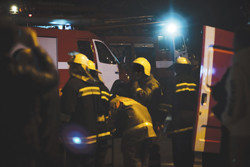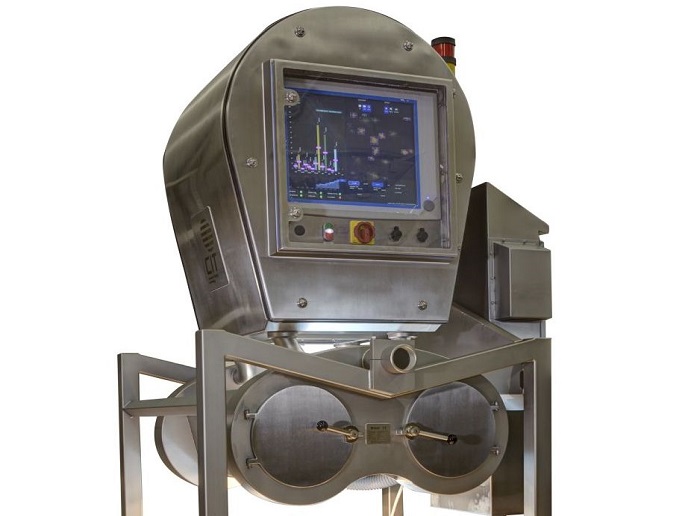Advanced training environment for crisis scenarios
While tactical- and operational-level crisis personnel usually receive considerable practical training, strategic-level (gold) commanders usually receive training in the form of table-top exercises. These exercises use scenario descriptions and hypothetical role-played responses, and thusthe style is unrealistic and is limited in the level of emotional engagement and impact. An alternative option of full-scale multi-agency practical exercises, is more realistic but limited in scope and extremely expensive. As a result, in the event of a real crisis, it is not clear whether the training provided will have effectively prepared the god commanders for their role, potentially inviting critical mistakes, or indeed whether further training could have been provided to prepare them better. The PANDORA project has addressed the need to improve training for Gold Commanders through the provision of an 'Advanced training environment for crisis scenarios'. The (PANDORA)(opens in new window) was an EU-funded project. The nine-member consortium which developed a novel digital support environment and crisis simulation system, to expand training exercises for top-level commanders. The project ran for 27 months and concluded in March 2012. The PANDORA system, Pandora Advanced Training Environment (PATE), was designed to bridge the existing training styles. The training takes place in a crisis training room realised through a software client that can be downloaded and installed locally. A prototype system using a 3D virtual room, delivered via a web browser, in which trainees are represented using avatars has also been partially implemented. Trainees would normally interact using separate workstations all in the same room, and only occasionally meet face to face. A portable mode is also possible, as is another where all participants are geographically dispersed. Apart from illustrating real-life contingencies, PATE is also designed to stress the trainees emotionally through its realism and various crisis elements (such as garbled communications). PATE was tested over a three-day period at the United Kingdom's Emergency Planning College, a government site in York. The trials involved an immersive simulated crisis, and 13 gold-level commanders of varying levels of experience. Participant feedback was positive, all saying that the training was exceptionally realistic. Trainers and trainees enthused about the system being made available to them for practical use. Affording access in such a way presents a commercial opportunity for the PANDORA project, while also achieving superior crisis training. This will ultimately mean better decisions and outcomes during real events.






